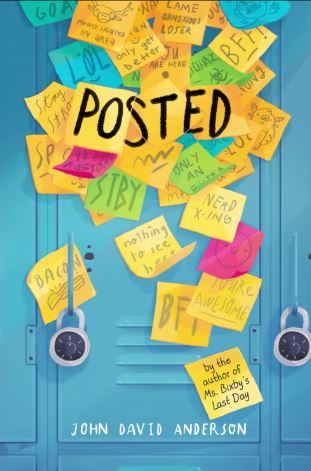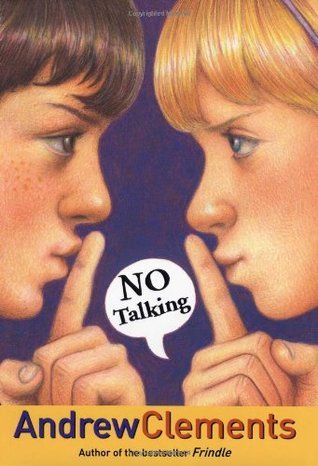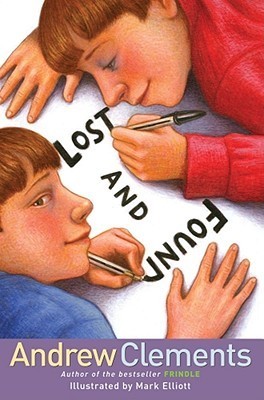
Posted
Book Description
When social media replaces face-to-face connections, a seemingly simple game of Post-it notes spirals into a battle of wits and secrets among seventh graders. As friendships fray and alliances shift, the once-vibrant halls of school become a battleground of emotions where every note can make or break reputations. Misunderstandings rise to dangerous levels, and the stakes grow ever higher as the characters grapple with loyalty, betrayal, and the quest for identity. Can they reclaim their sense of community, or will the walls they've built between each other prove insurmountable? What happens when words, both written and unspoken, become weapons?
Quick Book Summary
"Posted" by John David Anderson is a moving exploration of friendship, communication, and loyalty in a modern middle school. When cell phones are banned at Branton Middle School after an incident of cyberbullying, students turn to low-tech alternatives—most notably, posting messages on sticky notes. A simple means of communication quickly devolves into a public display of secrets, rumors, and insults. The main character, Frost, and his tight-knit group of friends (“the Pack”) find their bond tested when new student Rose enters their social circle. As more sticky notes appear across lockers, misunderstandings, alliances, and betrayals ensue. The students must navigate the often-hurtful power of words, the pain of exclusion, and the challenge of forgiveness, ultimately seeking to repair both their friendships and their school's fractured sense of community.
Summary of Key Ideas
Table of Contents
The Impact of Communication Methods
Seventh-grader Eric “Frost” Vance has always found his comfort zone within his close-knit group of friends: DeeDee, Wolf, and Bench. Together, they have weathered the challenges of middle school by relying on each other, functioning as a tightly bound unit nicknamed “the Pack.” They are each outsiders in some way but gain strength and identity through their friendship. When social media and texting are banned at their school following a cyberbullying incident, the usual ways the group stays in sync are upended, making them vulnerable to the shifting currents within the student body.
Friendship and Social Dynamics
The ban on cell phones sparks a new trend: students turn to Post-it notes to communicate. At first, the notes are fun and harmless, a throwback to old-fashioned passing of messages. However, the notes quickly take on a more sinister tone, allowing rumors, insults, and secrets to be broadcast in a public, anonymous manner. These sticky notes become a weapon, highlighting how easily words—written or spoken—can divide, manipulate, and hurt. As the hallways fill with colored squares, Frost and his friends struggle with the fallout, including direct attacks on their group.
Bullying and the Power of Words
The arrival of Rose Holland, a strong-willed new student who doesn’t shy away from confrontation, adds another layer of complexity. Rose’s entrance into the Pack introduces new perspectives but also disrupts long-standing dynamics and loyalties. Not everyone welcomes her, leading to jealousies and eventually a rupture within the group. The fragile nature of middle school friendships is thrown into stark relief, and Frost finds himself caught between standing up for what’s right and staying loyal to old friends.
Navigating Change and Forgiveness
As the sticky note campaign escalates, so do the consequences. The Pack splinters under the pressure, with some members feeling slighted or betrayed. Frost is forced to confront his own fears about belonging and loyalty, as he tries to hold his friends together while grappling with his complicity in the conflict. He reflects on the meaning of empathy and the responsibility each person has for their words and actions, whether spoken face-to-face or left on a locker.
In the aftermath of the division and hurt, Frost and his friends learn painful but necessary lessons about communication, forgiveness, and resilience. The story ends with the recognition that while words can wound, they also have the power to heal. The students begin the difficult process of mending their relationships, understanding that community is built on kindness and the willingness to see beyond surface differences. "Posted" ultimately offers a powerful message about the importance of compassion, the courage it takes to stand up for others, and the enduring value of true friendship.
Download This Summary
Get a free PDF of this summary instantly — no email required.





